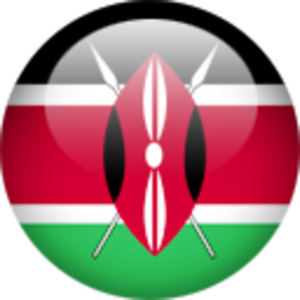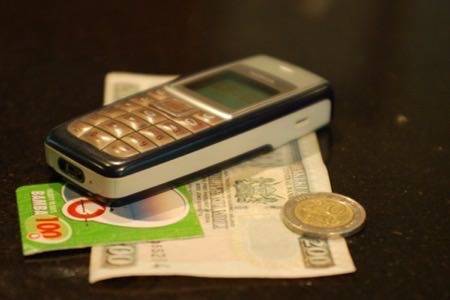Yesterday’s elections in Kenya are a story of triumph. The country, which had a terribly violent election season in 2007 turned in a sleek, peaceful set of returns this time. The referendum on a new constitution for the country returned a 67% yes vote. Why? In part, due to the real-time Web and mobile technology.

“Yes team declares referendum victory saying it marks the birth of a new republic.” That was how Kenya’s Daily Nation newspaper’s website reported… sorry, I mean live-blogged the returns.
2007 vs. 2010
The last election saw the Ushahidi group setting up Uchaguzi, a polling-place violence incidence site that leveraged mobile reporting. This time, the election is less notable for that aspect of the real-time mobile Web and more for how the government and the nation’s media leveraged it to keep the people connected, comforted and engaged. It’s a popular topic of discussions among Kenyans on Twitter.
Kenyans got a chance to track election results minute by minute. I had both the TV and my laptop on and I could easily compare results across broad platforms and channels and they were consistent!
It’s a revolution from our past shambles where votes were cast in the day and counted (read manipulated) in the night. The electoral system has been completely decentralized (which) minimizes chance for fraud and increases Kenyans’ trust in the electoral process!
I think we have just built ourselves the most advanced electoral system in Africa and of course put in place the most progressive constitution ever enacted on the African continent.”
Samuel Ochanji
I first noticed something interesting happening in the country when a Kenyan I follow on Twitter, Samuel Ochanji, brought it to his stream’s attention.
Africa has suffered by not having the wherewithal to establish the large-scale infrastructure that allows land-lines for phones. But one of the unexpected results of that, along with the development of cheap mobile telephony, is a proliferation and embrace of that tech by many more people, in more strata of society, than you’d see, for instance, in the U.S.

Recognizing that truth turned the What of real-time mobile into the So What of a peaceful, productive election.
The World is Bigger Than Ever
As much as we complain that the world has shrunk, try walking from Kitale to Eldoret – or hell, if you want to get exotic, from Terrebonne to Prineville – then get back to me. Mountains, lakes, rivers, deserts, jungle, rain forest, oceans, canyons and weather continue to make the world a difficult proposition. Real-time mobile tech in situations like elections and disasters can make a huge difference.
The credit for the success of this election goes to the Kenyan people. But part of that success was the great use they made of this technology. So wrote my friend Victor Ngeny in an email.

“One thing about the elections it was great seeing how the Electoral Commission tapped in mobile tech to get results from the far off stations. The media did also a full monitor of the social networks, i.e. Twitter, Facebook, etc., for updates and reports”
Brand new technologies don’t change the world. Figuring out how to use those new technologies, that changes the world. The Kenyans changed the world. Not all of it and not forever. But enough of it, and now.
Kenya orb from Wikimedia Commons | Kenyan cell phone photo by Erik Hersman

















